Physics
“Lo que observamos no es la naturaleza en sí, sino la naturaleza expuesta a nuestro método de preguntar.” – Werner Heisenberg
Subject information
ENTRY DETAILS
Exam board: Pearson Edexcel IAL
Specification: Pearson Edexcel International Advanced A-Level in Physics (YPH11)
HOW I WILL BE ASSESSED?
Examination: The course is examined in January and June of both Year 12 and Year 13
COURSE DETAILS
Unit 1: Mechanics & Materials
- Scalars & Vectors
- SUVAT equations
- Projectiles
- Moments
- Newton’s laws
- Momentum
- Energy & Power
- Density & Upthrust
- Stoke’s law
- Hooke’s law
- Stress & Strain
- Young Modulus
Unit 2: Waves & Electricity
- Wave speed
- Longitudinal vs Transverse waves
- Stationary waves
- Intensity
- Refraction
- Polarisation
- Double slit interference
- Electron diffraction
- De Broglie’s equation
- Pulse-echo technique
- Photoelectric effect
- Atomic spectra
- Circuits
- Resistivity
- Drift velocity
- Components
- E.m.f. and internal resistance
Unit 3: Practical Skills in Physics I
Unit 4: Further Mechanics, Fields & Particles
- Further Momentum
- Circular Motion
- Electric field strength
- Electric potential
- Capacitance
- Magnetic flux
- Faraday & Lenz’s law
- Particle accelerator
- Energy in nuclear processes
- Standard Model
Unit 5: Thermodynamics, Radiations, Oscillations and Cosmology
- Specific heat capacity
- Internal energy
- Kinetic theory model
- Binding energy
- Fission & Fusion
- Nuclear Decay
- Simple Harmonic Oscillator
- Resonance
- Damping
- Gravitational field strength
- Gravitational potential
- Stefan-Boltzman’s law
- Wien’s law
- HRD
- Redshift
- Dark Matter
Unit 6: Practical Skills in Physics II
ASSESSMENT OVERVIEW, DURATION AND WEIGHTING
Paper 1 – Written examination 1 hour and 30 minutes (20% of qualification – 80 marks)
Paper 2 – Written examination 1 hour and 30 minutes (20% of qualification – 80 marks)
Paper 3 – Written examination 1 hour and 20 minutes (10% of qualification – 50 marks)
Paper 4 – Written examination 1 hour and 45 minutes (20% of qualification – 90 marks)
Paper 5 – Written examination 1 hour and 45 minutes (20% of qualification – 90 marks)
Paper 6 – Written examination 1 hour and 20 minutes (10% of qualification – 50 marks)
| Exam Papers | % of IAL | Assessment overview |
|---|---|---|
| Paper 1 – (Jan Y12) | 20 | Section A: Ten multiple-choice questions (10 marks). Section B: 8 – 10 short-answer questions (70 marks). |
| Paper 2 – (June Y12) | 20 | Section A: Ten multiple-choice questions (10 marks). Section B: 8 – 10 short-answer questions (70 marks). |
| Paper 3 – (June Y12) | 10 | 5 multi-part questions (50 marks). |
| Paper 4 – (Jan Y13) | 20 | Section A: Ten multiple-choice questions (10 marks). Section B: 8 – 10 short-answer questions (80 marks). |
| Paper 5 – (June Y13) | 20 | Section A: Ten multiple-choice questions (10 marks). Section B: 8 – 10 short-answer questions (80 marks). |
| Paper 6 – (June Y13) | 10 | 5 multi-part questions (50 marks). |
WIDER READING
A short History of Nearly Everything – Bill Bryson.
Why don’t penguins’ feet freeze? – NewScientist.
The Grand Design – Stephen Hawkin and Leonard Mlodinow.
Newton – Peter Ackroyd.
The Quantum Universe: Everything that can happen does happen – Brian Cox and Jeff Forshaw.

